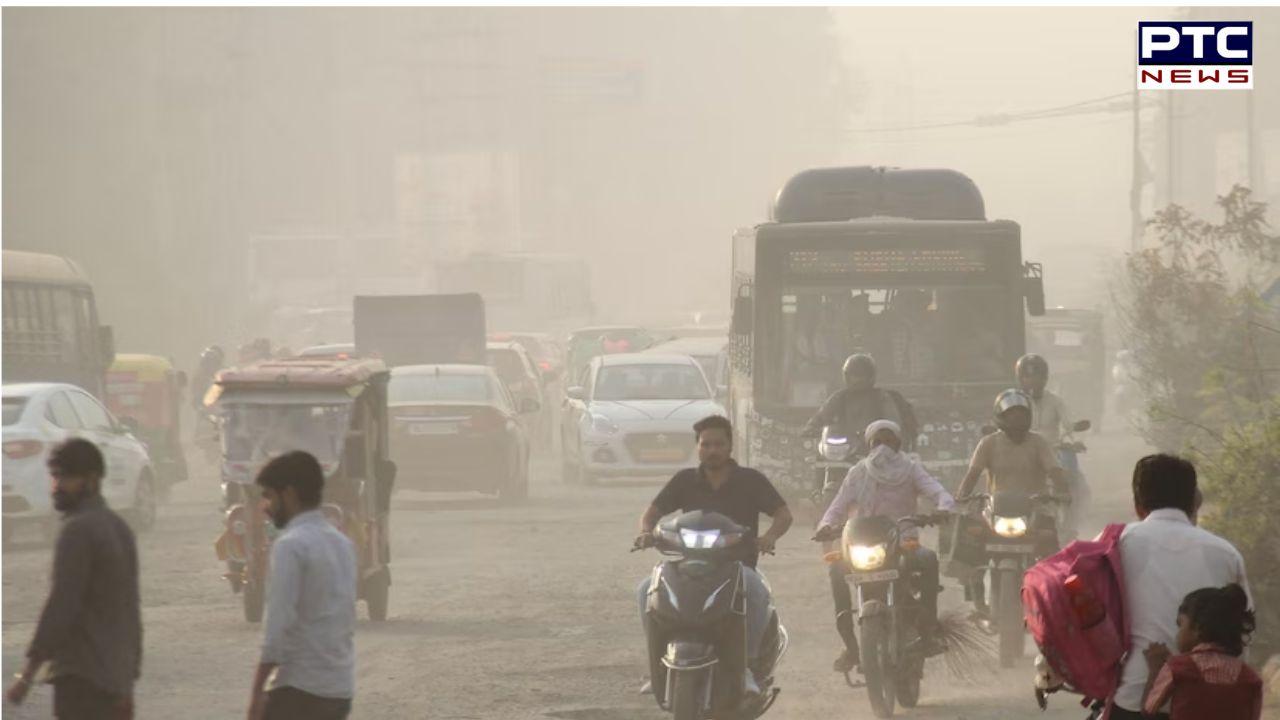

Is poor air quality affecting children's learning ability, memory? Study suggests so
PTC News Desk: Children and the elderly are considered to be most vulnerable to the negative impacts of air pollution. While it is well known that poor air quality can impair respiratory function, causing coughing and wheezing and eventually leading to serious illnesses, many of us are unaware that pollution may negatively impact children's cognitive development.
A new study showed that exposure to ammonium nitrate, a main component of PM2.5 pollution and a byproduct of agricultural emissions, affects children's learning ability and memory.
The chemical is made when ammonia gas, which is emitted from agricultural activities, combines with nitric acid, which is produced by the combustion of fossil fuels.
Previous studies have indicated that ammonium nitrate increases the risk of age-related illnesses such as Alzheimer's and dementia, which damage cognition and memory, implying that long-term exposure to PM2.5 can induce neurocognitive harm over one's lifetime.
PM2.5, an essential measure of air quality, is a mixture of dust, soot, organic compounds, and metals with particles less than 2.5 micrometres in diameter. It is known to go deep into the lungs, where it can enter the bloodstream and then cross the extremely selective blood-brain barrier, resulting in major health consequences.
In a 2020 study, a team led by experts from the University of Southern California (USC) found no evidence of a link between PM2.5 and children's cognition.
However, in this study, conducted by the same team and published in the journal Environmental Health Perspectives, 15 chemicals composing PM2.5 were examined, and ammonium nitrate emerged as a "prime suspect".
The researchers used spatio-temporal models to evaluate yearly levels of exposure to PM2.5 components using the residential addresses of almost 8,600 children aged 9 to 11 years from across the country.
"No matter how we examined it, on its own or with other pollutants, the most robust finding was that ammonium nitrate particles were linked to poorer learning and memory. That suggests that overall PM2.5 is one thing, but for cognition, it's a mixture effect of what you're exposed to," Megan Herting, a professor of population and public health sciences at USC and study's author said.
Further, "understanding these nuances is crucial for informing air quality regulations and understanding long-term neurocognitive effects," she added.
The findings added to the growing body of evidence showing that PM2.5 pollution harms memory and cognition in persons of all ages.
- PTC NEWS
